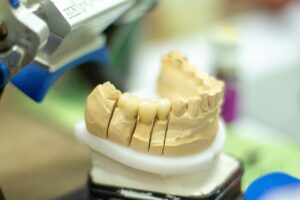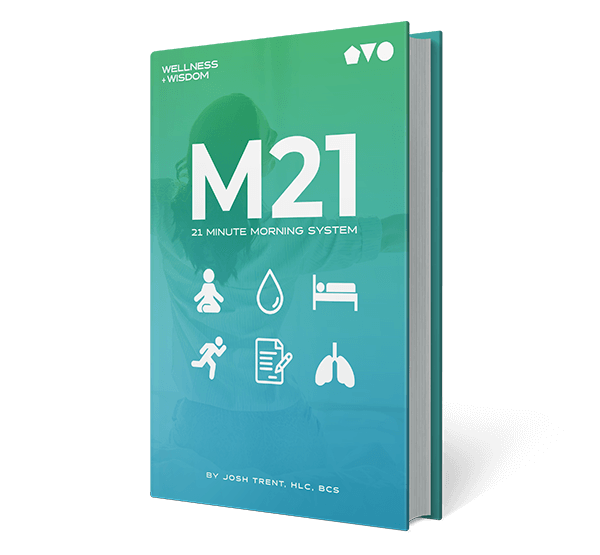 Oral health is often viewed in isolation, but it plays a critical role in overall health. This is particularly important in North Carolina, where nearly 30% of children have untreated tooth decay, highlighting the need for better oral care awareness and practices (NC DPH). Your mouth is a gateway to the rest of your body, and neglecting oral hygiene can lead to a host of health problems beyond cavities and gum disease. Scientific research has increasingly shown that poor oral health is linked to serious conditions such as heart disease, diabetes, respiratory infections, and even adverse pregnancy outcomes. Understanding these connections can motivate better oral care practices and prompt timely dental visits, which in turn can lead to improved overall well-being. In this article, we explore how oral health impacts various aspects of your general health.
Oral health is often viewed in isolation, but it plays a critical role in overall health. This is particularly important in North Carolina, where nearly 30% of children have untreated tooth decay, highlighting the need for better oral care awareness and practices (NC DPH). Your mouth is a gateway to the rest of your body, and neglecting oral hygiene can lead to a host of health problems beyond cavities and gum disease. Scientific research has increasingly shown that poor oral health is linked to serious conditions such as heart disease, diabetes, respiratory infections, and even adverse pregnancy outcomes. Understanding these connections can motivate better oral care practices and prompt timely dental visits, which in turn can lead to improved overall well-being. In this article, we explore how oral health impacts various aspects of your general health.
Table of Contents
The Mouth-Body Connection
The health of your mouth can provide clues about your overall health. Problems in your mouth can affect the rest of your body. Like other areas of the body, your mouth teems with bacteria, most of them harmless. However, your mouth is the entry point to your digestive and respiratory tracts, and some of these bacteria can cause disease. Normally, the body’s natural defenses and good oral hygiene, such as daily brushing and flossing, keep bacteria under control. Without proper oral hygiene, bacteria can reach levels that might lead to oral infections, such as tooth decay and gum disease. Additionally, medications such as decongestants, antihistamines, painkillers, and diuretics can reduce saliva flow, compromising its protective effects.
Heart Disease and Oral Health
There is a significant link between oral health and heart disease. Research suggests that gum disease, which is a result of poor oral hygiene, can increase the risk of heart disease. Bacteria from inflamed gums can enter your bloodstream and travel to the arteries in the heart, causing atherosclerosis (hardening of the arteries). This can lead to plaque development on the inner walls of the arteries, which can obstruct blood flow and increase the risk of a heart attack or stroke. For those seeking orthodontic solutions to improve their oral health, just search on Google with the keyword Invisalign treatment Hendersonville, TN to find effective and discreet treatments that can potentially reduce cardiovascular health risks.
Diabetes and Oral Health
Diabetes and oral health have a bidirectional relationship. Poor blood sugar control increases the risk of oral health problems, particularly gum disease. High glucose levels in saliva can encourage bacterial growth, leading to infections and inflammation. Conversely, gum disease can make it more difficult to control blood sugar levels, exacerbating diabetes. This creates a vicious cycle that can be challenging to break without proper management of both conditions. Good oral hygiene, regular dental checkups, and managing blood sugar levels can help mitigate these risks.
Respiratory Infections
Oral health can also affect respiratory health. Bacteria from periodontal disease can be inhaled into the lungs, leading to infections such as pneumonia, especially in people with weakened immune systems. Chronic obstructive pulmonary disease (COPD) can also be aggravated by poor oral health. Maintaining good oral hygiene is crucial in preventing these bacteria from reaching the lungs and causing respiratory issues. Regular dental visits and proper oral care routines can significantly reduce the risk of respiratory infections linked to oral bacteria.
Pregnancy and Oral Health
Pregnant women need to pay special attention to their oral health. Hormonal changes during pregnancy can increase the risk of gum disease, which in turn can affect the health of both the mother and the baby. Studies have shown a correlation between gum disease and premature birth, low birth weight, and preeclampsia. Ensuring good oral hygiene and seeking regular dental care during pregnancy can help mitigate these risks. Dental professionals can provide guidance on maintaining oral health and address any issues that arise during pregnancy.
The Role of Saliva
Saliva plays a crucial role in maintaining oral health. It helps to wash away food particles and neutralize acids produced by bacteria in the mouth, protecting against microbial invasion and overgrowth. A healthy flow of saliva is essential for preventing tooth decay and gum disease. Conditions that reduce saliva flow, such as Sjögren’s syndrome or certain medications, can lead to significant oral health problems. Staying hydrated, chewing sugar-free gum, and using saliva substitutes can help maintain adequate saliva levels and protect oral health.
Conclusion
Oral health is intrinsically linked to overall health. The mouth serves as a mirror to the body, reflecting issues that might be present elsewhere. Maintaining good oral hygiene, seeking regular dental care, and understanding the connections between oral and overall health can lead to a healthier life. By recognizing the importance of oral health in the context of heart disease, diabetes, respiratory infections, and pregnancy, individuals can take proactive steps to improve both their oral and general health. Remember, a healthy mouth contributes to a healthy body.









